In today‘s era of rapid technological development, the automotive manufacturing industry is undergoing a profound intelligent transformation. From the traditional labor-intensive production model, it is gradually transforming to a highly automated and intelligent production system. In this transformation process, industrial control integrated machines, as key technical equipment, play an irreplaceable and important role and become the core force to promote the intelligent development of the automotive manufacturing industry.
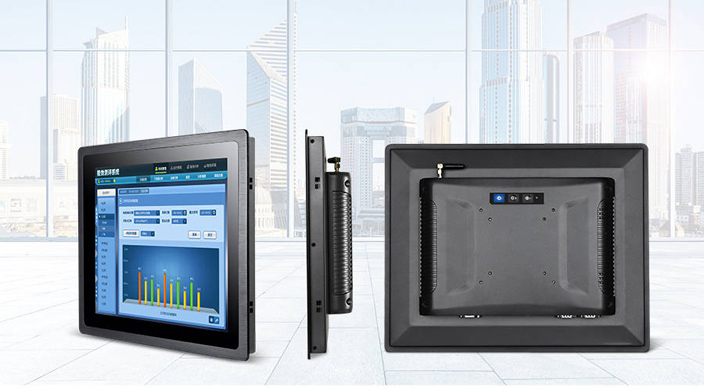
1. Design and development: precise collaboration, efficiency leap
During the stage of automobile design and development, the industrial control integrated machine provides strong technical support for engineers. Through its professional design software, engineers can use the high-precision touch screen to perform real-time and precise control of the three-dimensional model of the car.
For example, with the help of the industrial control integrated machine, the R&D team of Mercedes-Benz can easily scale, rotate and adjust the details of the car‘s exterior lines and internal structure, which greatly improves the design efficiency compared to traditional mouse and keyboard operations. At the same time, cross-departmental collaborative development has become efficient and smooth due to the industrial control integrated machine.
BMW uses industrial control screens equipped with intelligent conference systems to achieve real-time communication among design teams around the world. In design review meetings, engineers in different regions can simultaneously mark and discuss design plans, which significantly shortens the design review cycle and greatly reduces the communication error rate. This efficient collaboration model has greatly accelerated the development of new models and enabled automakers to respond to market demand more quickly.
2. Manufacturing: Intelligent control, efficient and precise
Walking into a modern automobile production workshop, the industrial control integrated machine can be seen everywhere. In the stamping process, it collects the operating parameters of the stamping equipment in real time, such as pressure, speed and stroke. Once the parameters are abnormal, the system immediately issues an alarm and automatically adjusts the equipment status to ensure that the precision of the stamped parts always meets the standards, effectively reducing the defective rate.
In the welding workshop, the industrial control integrated machine works closely with the welding robot to accurately control the welding current, voltage and the robot‘s motion trajectory to ensure that the quality of each weld meets extremely high standards. At the same time, combined with the visual inspection system, it can detect the welding quality in real time, and promptly detect and correct welding defects.
The paint shop has strict requirements on environmental conditions. The industrial control integrated machine monitors the temperature, humidity, air quality and other parameters in the workshop in real time by connecting various sensors, and automatically adjusts air conditioning, ventilation and other equipment to provide a stable environment for the painting process, ensuring that the coating of each car is uniform, beautiful and has good anti-corrosion performance.
In the final assembly workshop, the industrial control integrated machine is deeply integrated with the manufacturing execution system (MES). Workers can obtain detailed assembly tasks and process flow guidance through it, and use the code scanning function to achieve accurate traceability of parts, which greatly improves assembly efficiency and quality.
3. Quality inspection: strict control, quality assurance
Quality inspection is a key link in the automobile manufacturing process. The combination of industrial control integrated computers and advanced machine vision technology can perform high-precision quality inspections on automobile parts and complete vehicles. For example, when inspecting the flatness and paint defects of the car body, its resolution can reach 0.01mm², which can accurately detect extremely subtle defects. The inspection data will automatically generate an electronic report, which is convenient for quality management personnel to analyze and archive. Moreover, through gesture control, quality inspectors can use industrial control integrated computers to realize 360° virtual disassembly of automobile parts and comprehensively check whether there are any problems with the internal structure.
The factory application cases of Volkswagen show that after the introduction of the quality inspection system based on the industrial control integrated computer, the missed inspection rate has been greatly reduced, and the inspection time of a single vehicle has also been significantly shortened, which effectively guarantees the quality of the whole vehicle.
4. After-sales service: intelligent upgrade, intimate experience
In the field of automotive after-sales service, industrial control integrated computers also bring a new experience. The industrial control integrated computers equipped in 4S stores use AR technology to intuitively show customers the internal structure and working principle of the car, help customers better understand the vehicle, and increase customer consultation volume.
When customers are doing maintenance, they can complete the electronic work order by touch signature to facilitate the service process. At the same time, maintenance personnel can use the industrial control integrated computer to query the vehicle‘s maintenance history and fault records in real time, quickly diagnose problems and formulate maintenance plans. The maintenance progress can also be fed back to customers in real time through the system, so that customers can know the vehicle maintenance situation clearly, which greatly improves customer satisfaction.
With the continuous development of emerging technologies such as 5G, artificial intelligence, and the Internet of Things, the application of industrial integrated computers in the automotive manufacturing industry will become more in-depth and extensive. It will continue to help automotive manufacturers improve production efficiency, optimize product quality, and reduce production costs, and promote the entire industry to a higher level of intelligence, bringing consumers better quality and smarter automotive products.









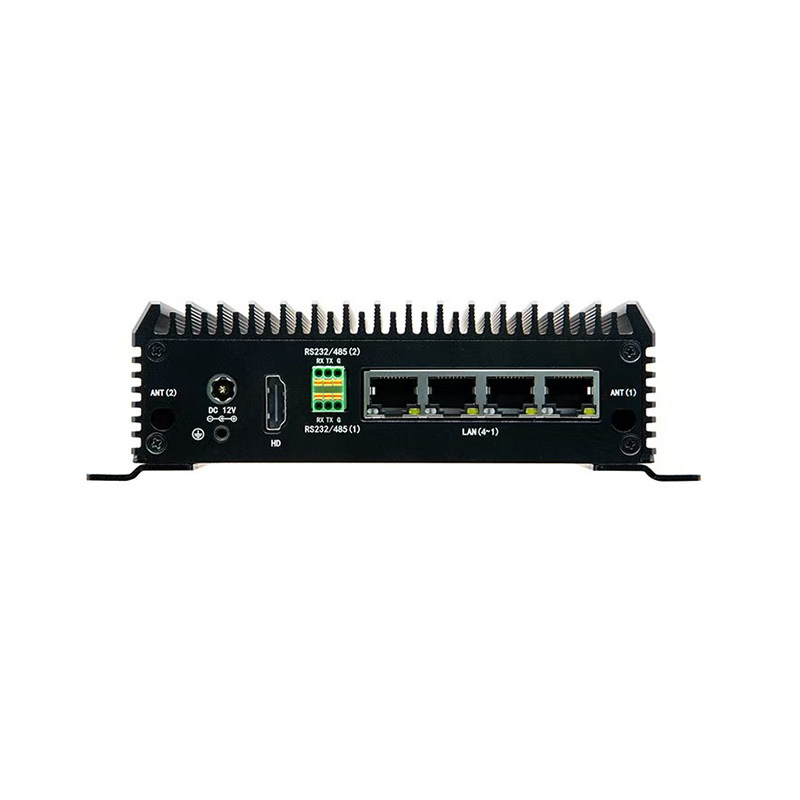
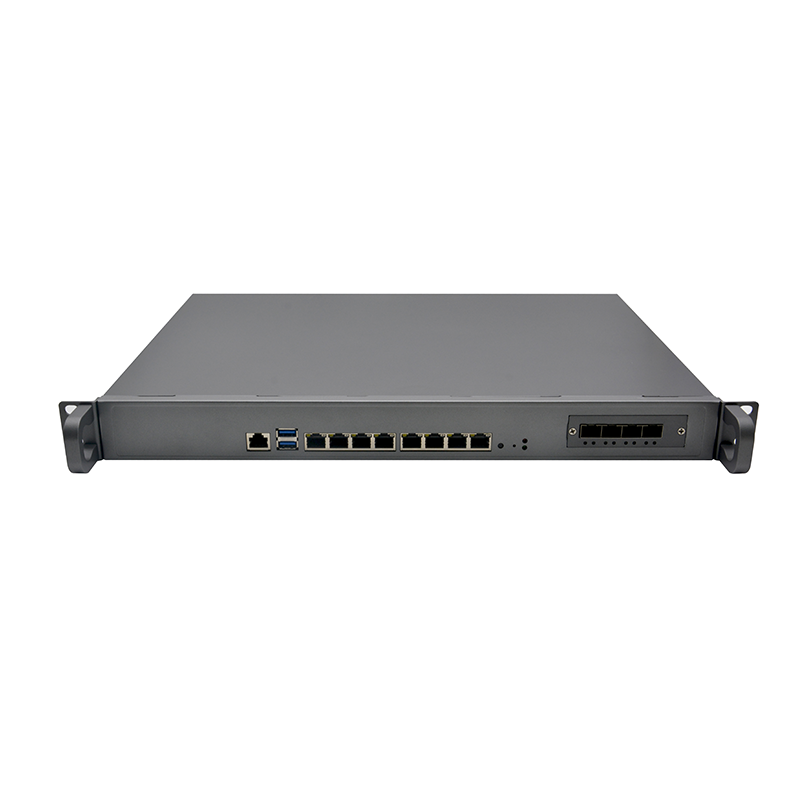
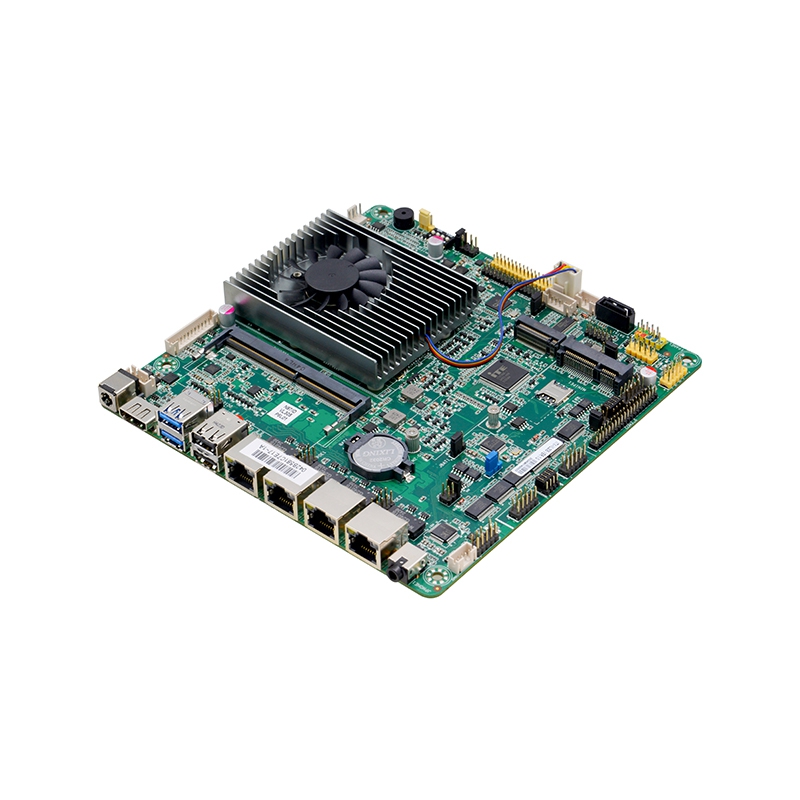
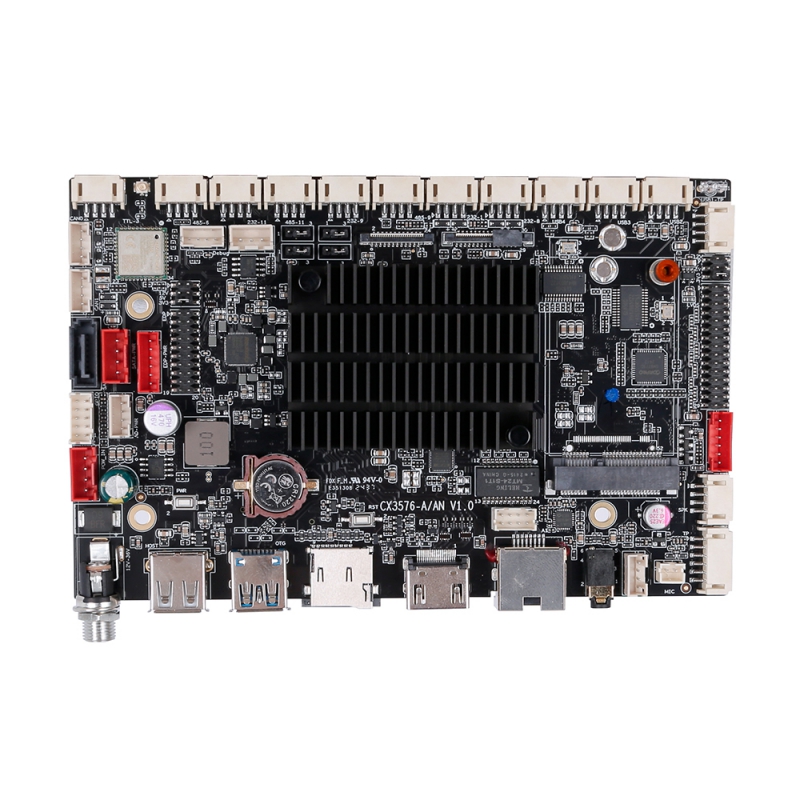






 Teamas
Teamas